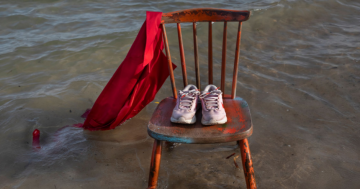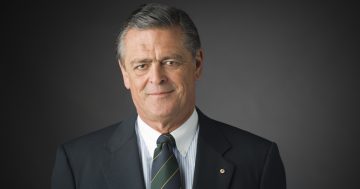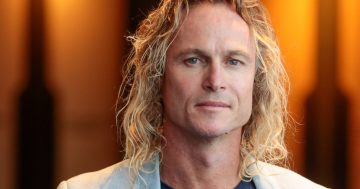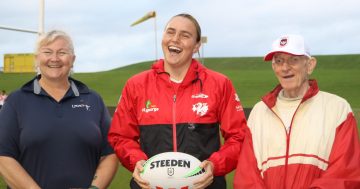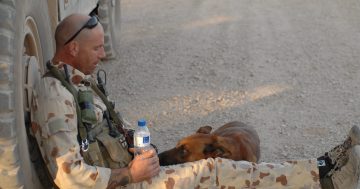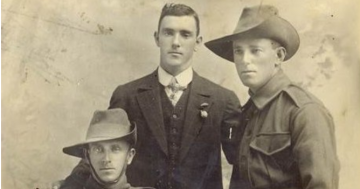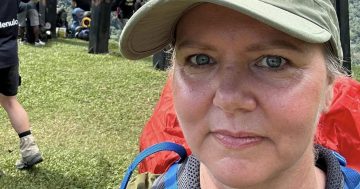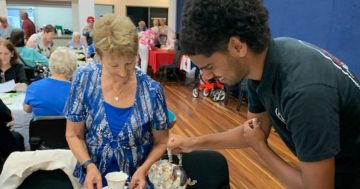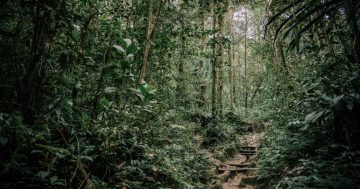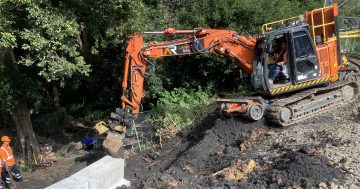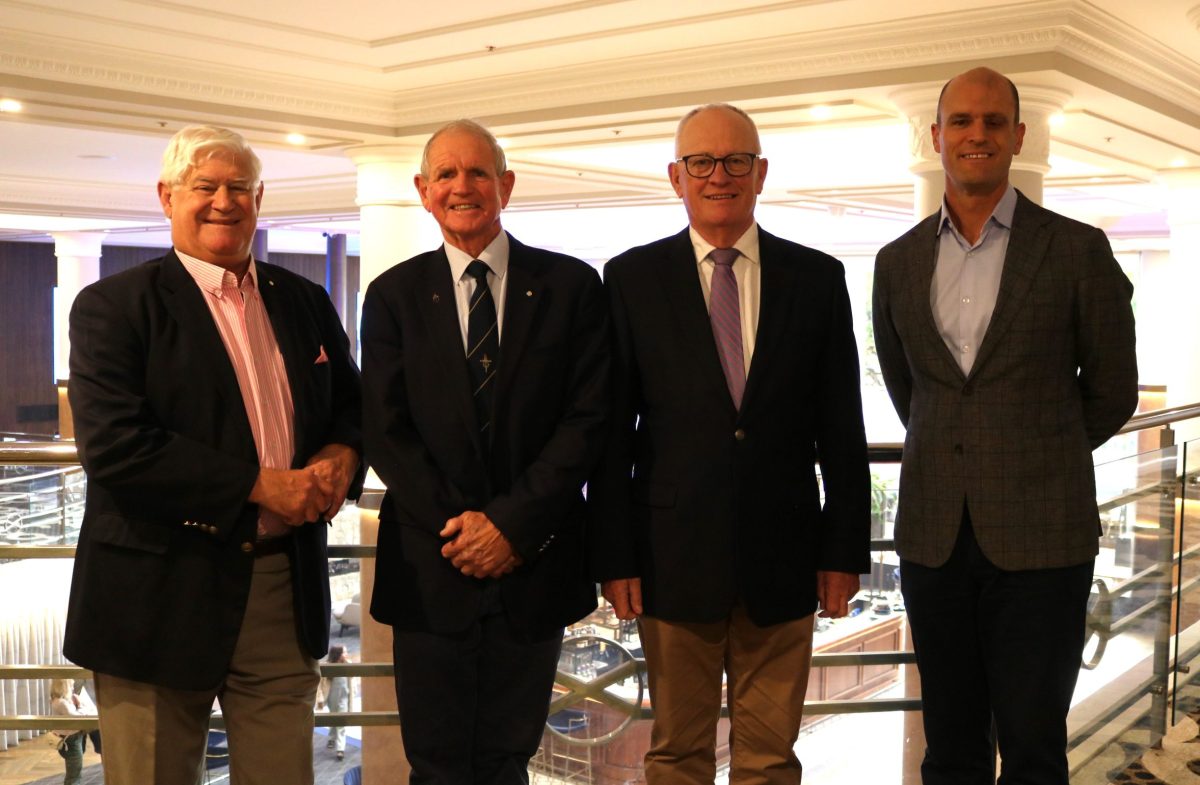
Vietnam Veteran Lieutenant Colonel Gary McKay, Wollongong Legacy Chair Phil McNamara, David Swan and Garth Callender before the Legacy dinner. Photo: Region Illawarra.
When Legacy started in 1923, it was founded on a promise made on the battlefield between diggers – when you go back, “look after the missus and the kids”.
It was in the years after World War I and the focus was very much on the widows and children who were left alone when their husbands and fathers died fighting in a war on the other side of the world.
Since then, Legacy has reached out to the partners and children of veterans who have seen their loved ones serve in World War II, Korea, Vietnam, Afghanistan and Iraq.
Today, 100 years later, Legacy still looks after the widows and children of those service personnel who have died in battle, but it also embraces the families of those who have died after their service has finished.
Legacy offers programs and services to provide social, financial and developmental support, depending on the circumstances of the families.
Wollongong and South Coast Legacy held its Business and Community Centenary dinner at the Novotel Northbeach on 27 October to commemorate the 100-year milestone and to raise funds to help the organisation continue its vital work.
Since 2008, the local branch has raised more than $400,000 through the annual event.
Legacy Business and Community Support Committee Chairman David Swan said this year’s dinner marked the 16th year of the annual fundraising event to honour the sacrifices of military families who have lost a loved one due to military action in service for our country.
“Legacy offers diverse forms of assistance tailored to individual needs,” he said.
“Legatees maintain ongoing contact with families, offering support with financial burdens, companionship, children’s education, medical and welfare services, access to government benefits, and a listening ear.
“Our dinner will contribute to fundraising for future services and facilities while also marking a day of remembrance for our past and present defence personnel.”
Guest speaker at the dinner was former Australian Army officer Lieutenant Colonel Garth Callender.
In 2004 – “19 years and one day ago” – Garth was Australia’s first serious casualty of the war in Iraq when his armoured vehicle was targeted by an insurgent roadside bomb attack.
The actions of Garth’s team helped save his life. He was eventually flown home to Australia for surgery and rehabilitation, but he says not all of his team recovered as well as he did.
“One of the boys passed away. Seven years ago, Matt Millhouse died of young onset dementia, which was linked back to the same bomb blast,” Garth said.
“He had traumatic brain injury, acute depression and post-traumatic stress.
“Legacy stepped in and has done a great job looking after his partner and daughter.
“As a serving person, and as somebody who’s been into war zones who has lost guys over the years, I think it’s so important that Legacy continues doing the work that it does.
“Soldiers sacrifice so much and occasionally if, sadly, that sacrifice is cashing in that blank check, Legacy makes sure that partners and dependents are looked after if the worst occurs.
“A few years ago, Legacy beneficiaries were the widows of people who have died and sacrificed their life.
“Now the talk is also about sacrificing their health, because we identify that the military exposes people to humanity at its worst, and often that can have a significant impact on mental health.
“Sadly more often than not, it can be completely debilitating.
“The military takes people to extremely violent places, and also goes through some really tough training. Often people’s bodies can take time to heal, so I think it’s great that this shift has occurred.”
Garth is still in uniform after almost 28 years and runs leadership and ethics classes at the Australian War College in Canberra.
In 2015 he published a book on his experiences, After the Blast: An Australian Officer in Iraq and Afghanistan.
Garth now consults businesses on crisis management and decision-making during uncertainty and has produced another book called Best Possible Outcome.
He uses the skills and experience he gained during his military career to help guide “great people through really tricky problems”.
“I like to think that I’m providing a service back to Australian businesses to better protect themselves,” he said.








